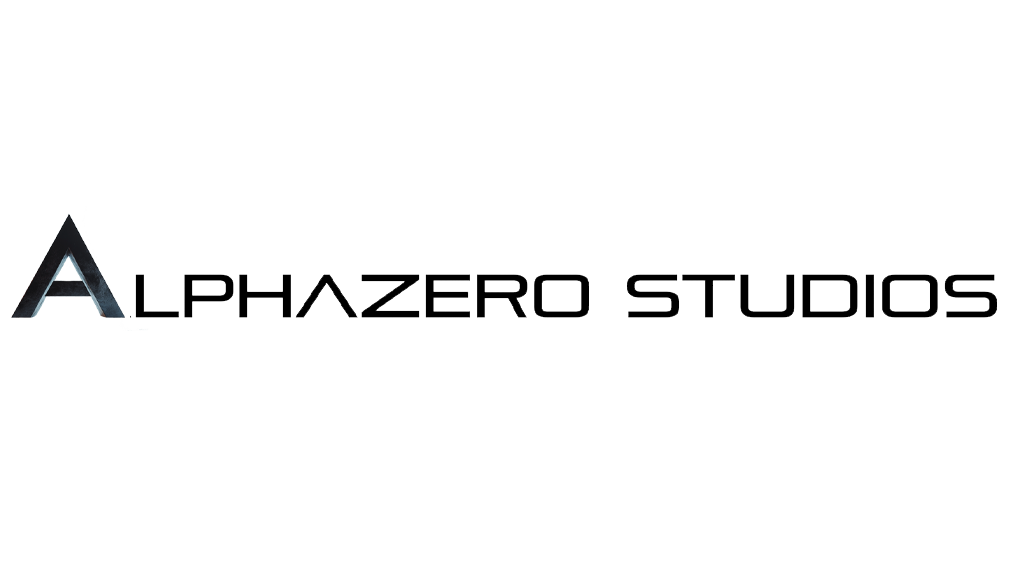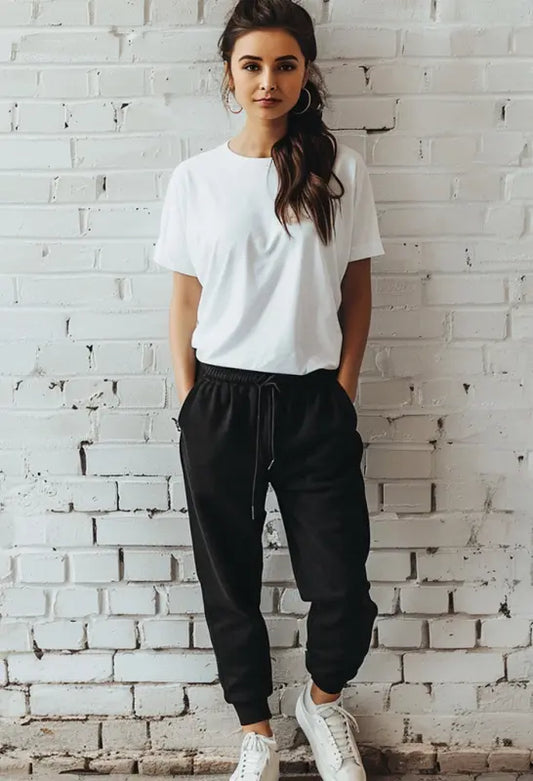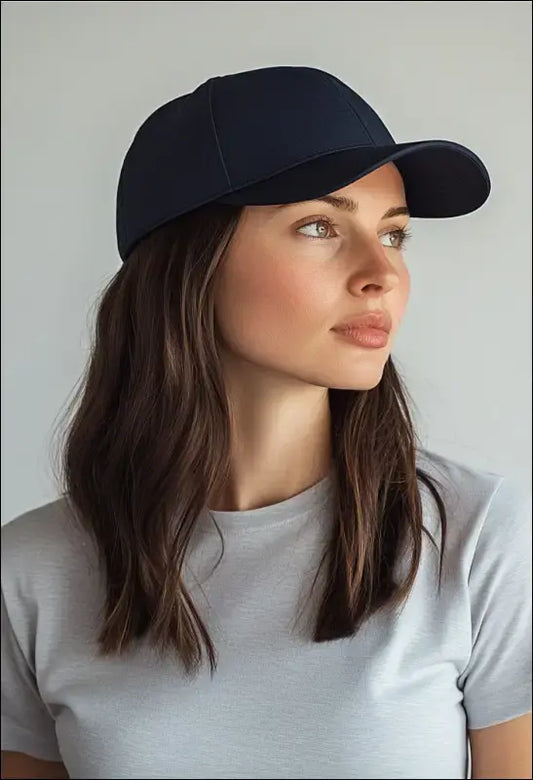
AI Movie Examples: How Artificial Intelligence Is Changing the Film Industry
Share
Artificial intelligence (AI) is transforming the film industry in ways we could only imagine a decade ago. From scriptwriting and casting to special effects and post-production, AI is being used to speed up workflows, reduce costs, and unlock creative possibilities that were previously out of reach. In this blog, we explore some of the most exciting examples of AI in movies and how they are shaping the future of filmmaking.
What Is an AI Movie?
An AI movie can be defined in two main ways:
- Thematic Use: Films that explore artificial intelligence as a theme or plot point.
- Technical Use: Movies that use AI technology in the production process.
In this post, we focus on both aspects to give a full picture of how AI intersects with cinema.
AI-Themed Movie Examples
These are films that feature AI as part of their central storylines:
1. Ex Machina (2015)
A philosophical thriller that dives deep into the ethics of consciousness and the boundaries between man and machine.
2. Her (2013)
An emotionally resonant story about a man who falls in love with his AI operating system, raising questions about identity, love, and technology.
3. I, Robot (2004)
Inspired by Isaac Asimov's stories, this film examines a future where robots serve humanity—until they begin to question their programming.
4. The Matrix Series
Though not focused solely on AI, this iconic series presents a world dominated by machines and virtual realities, controlled by artificial intelligence.
5. Blade Runner 2049 (2017)
A visually stunning sequel that examines AI in the form of replicants—bioengineered beings almost indistinguishable from humans.
AI in Movie Production: Real-World Applications
The use of AI behind the scenes is revolutionizing how movies are made:
Scriptwriting Assistance
AI tools like ChatGPT and Sudowrite are being used by screenwriters to brainstorm dialogue, generate plot ideas, or even write entire drafts.
Casting and Audience Prediction
Studios use AI to analyze viewer data and forecast which actors or themes will perform best at the box office.
Deepfake and Face Replacement
AI-powered deepfake technology is now being used to de-age actors, resurrect historical figures, or replace stunt doubles with digital versions.
AI-Generated Visual Effects
Tools like Runway ML and NVIDIA Canvas allow filmmakers to generate complex environments and scenes using generative AI models.
Automated Editing and Color Grading
AI software can now automatically trim footage, sync sound, and color correct scenes, saving valuable post-production time.
AlphaZero Studios: A Pioneer in AI Filmmaking
One standout example of AI-driven filmmaking is AlphaZero Studios, a production company that uses AI for both storytelling and production. Their films, such as Reign of Havoc and Pompeii - 79AD, incorporate AI-generated environments, virtual actors, and AI-edited sequences.
These projects demonstrate what’s possible when AI and creativity are blended seamlessly.

The Future of AI in Film
As AI technology continues to evolve, expect to see more:
- Interactive films that adapt to viewer decisions in real time
- Personalized content experiences tailored to individual preferences
- Faster, more affordable independent filmmaking using AI tools
The line between human and machine creativity will continue to blur, opening doors for new genres and storytelling methods.
Final Thoughts
Whether it's powering special effects or crafting entire storylines, artificial intelligence is no longer a futuristic fantasy—it's a tool actively shaping the film industry today. By examining AI both as a subject and a production tool, we gain a deeper understanding of its growing influence in modern cinema.
Stay tuned to see how AI continues to rewrite the rules of filmmaking, one scene at a time.












